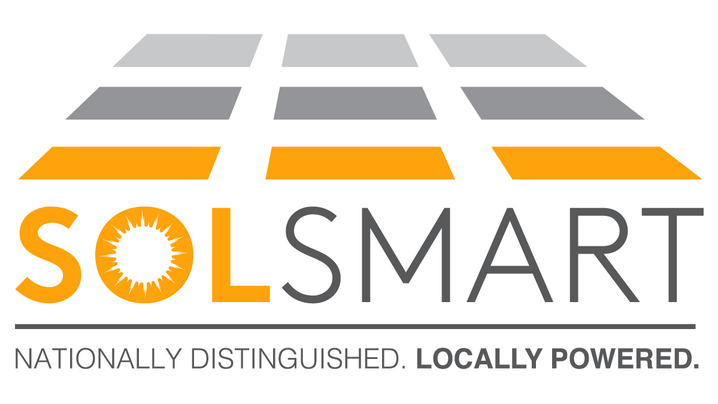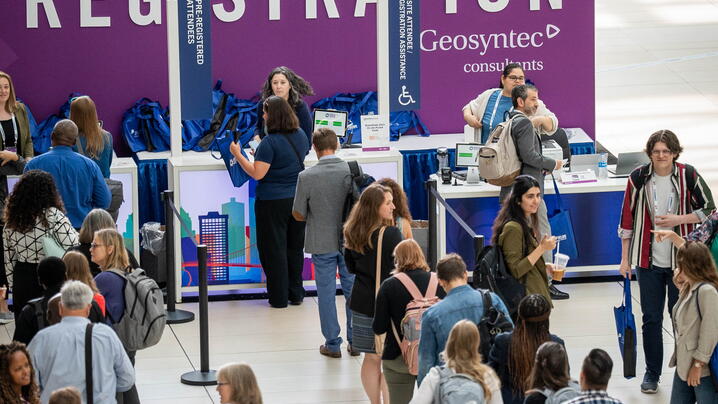
The National Brownfields Training Conference, cosponsored by U.S. EPA and ICMA, attracts over 2,000 participants for educational, networking, and business development.
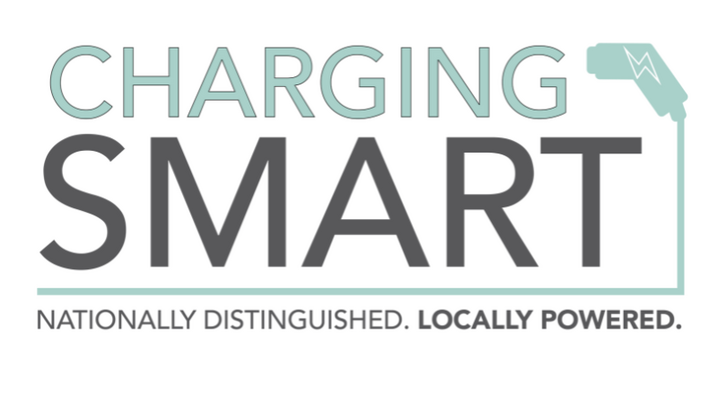
ICMA is helping local governments set and achieve electric vehicle (EV) readiness goals.
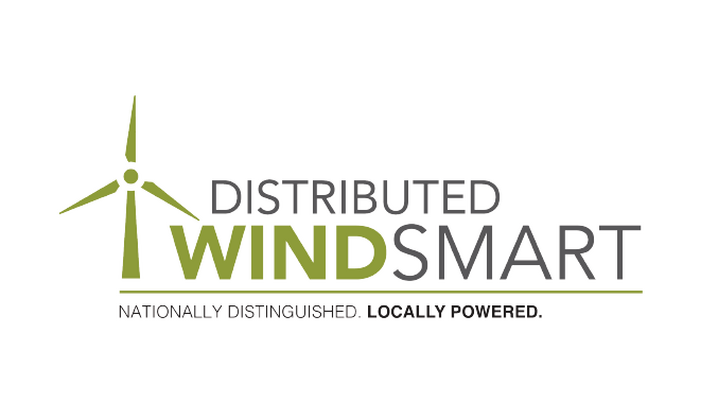
ICMA is helping local governments implement best practices that support on-site wind power.

ICMA is helping local governments overcome local barriers to developing utility-scale solar.
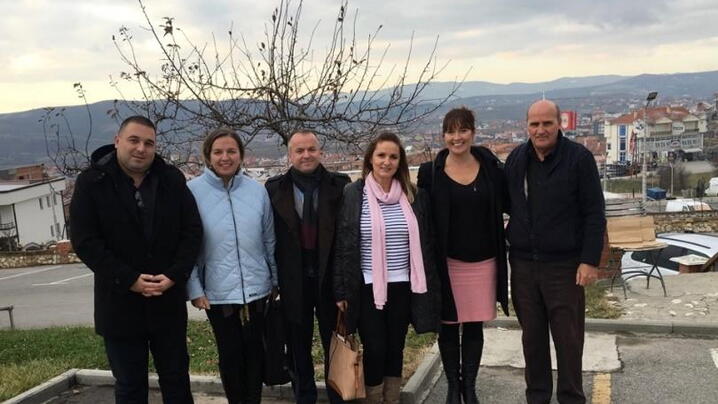
A project in the Western Balkans to assist municipalities in efforts to counter violent extremism.
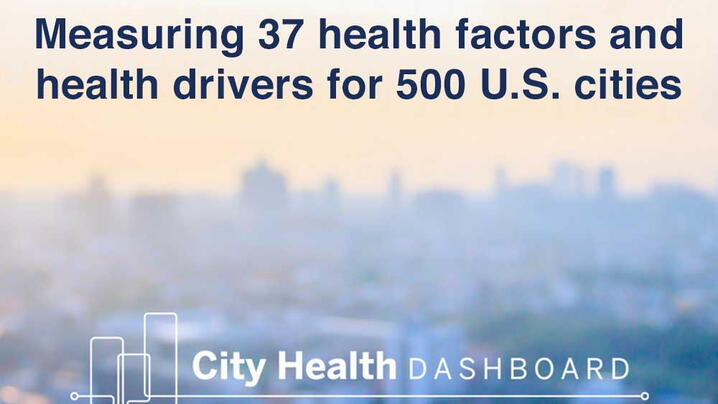
A resource to make health-related data available to local government decision makers.
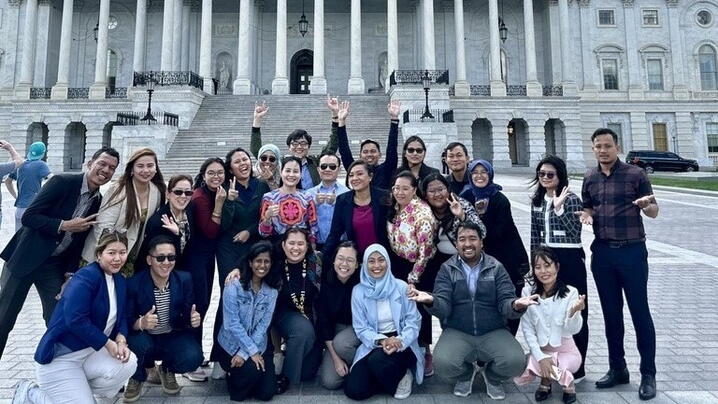
Alongside the American Councils for International Education, ICMA is implementing YSEALI Professional Fellows Program Sustainable Development and the Environment Institute theme.
